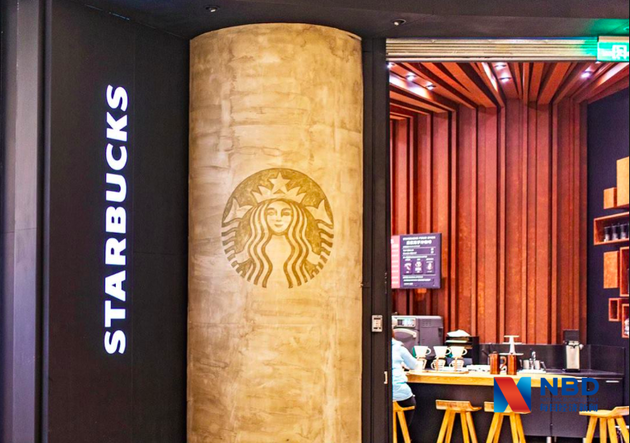
Photo/Lan Suying (NBD)
Belinda Wong, Starbucks China Chairman and CEO, had to unwind everything she had learned in her 30 years of experience in the retail world facing uncertainty brought by the novel coronavirus outbreak.
"It was nothing we'd dealt with before -- it was a new virus and we had limited facts about it," she said.
Although the coffee chain giant was among the first major brands to proactively close its retail stores on the Chinese mainland in response to the outbreak, Starbucks never left the country.
The company offered "Contactless Starbucks Experience" for consumers by leveraging digital ordering and contactless delivery so as to continue providing Starbucks beverages while minimizing human contact amid the virus outbreak.
It also made the decision to continue paying the salaries of its employees even when some of its stores were suspended despite the financial impact caused by the virus.
"You have to think about what is the right thing to do to protect the safety of Starbucks employees and customers," Wong said.
As the number of new infections began to decline in China, Starbucks was able to resume operation. The company announced that 90 percent of its stores had resumed operation under modified hours and conditions on March 6.
Though stores on the Chinese mainland are still following safety protocols, Wong saw some regular customers when the Shanghai Reserve Roastery reopened, who were glad to return to a familiar place.
The Shanghai Roastery was the first to be opened outside the United States, and the first fully immersive coffee wonderland in China, offering customers a multi-sensory retail experience.
By making adjustments to its entrances and exits, and reducing the number of indoor seating, the 2,700-square-meter Shanghai Roastery reopened in February, with staff attending to customers at ‘safety stations’ set up at the entrance, taking their body temperatures, offering hand disinfection and making registrations.
China is the largest and fastest-growing international market for Starbucks, which plans to double its stores in China to 6,000 by the fiscal year 2022.
"Coffee is not just a beverage," said Wong. "It is also a symbol of normalcy and routine."
Email: lansuying@nbd.com.cn


 川公网安备 51019002001991号
川公网安备 51019002001991号





